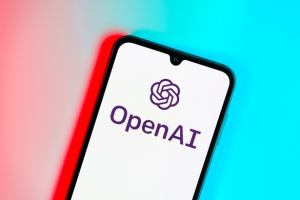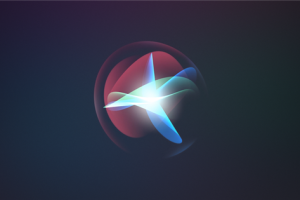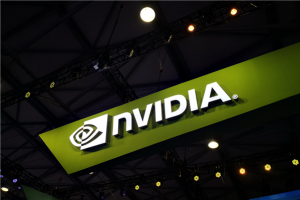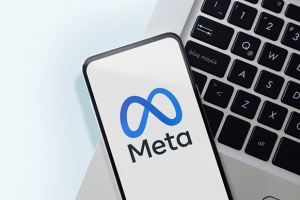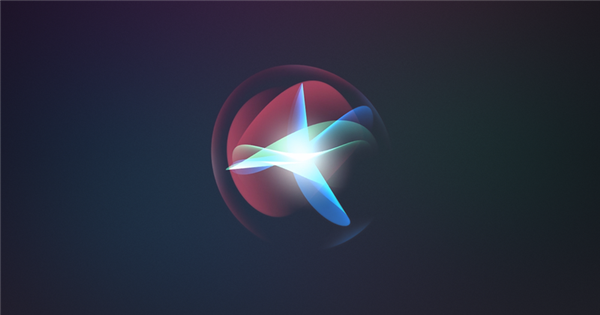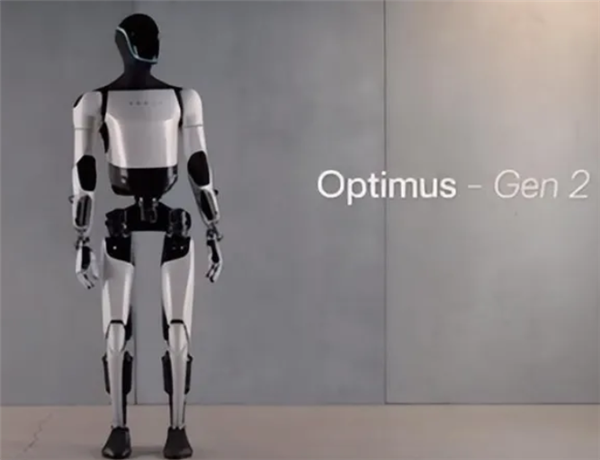March 31, 2024 – Earlier this month, Google sparked curiosity with its announcement that amongst its two newest smartphones, Pixel 8 and Pixel 8 Pro, only the latter would support its cutting-edge artificial intelligence model, “Google Gemini”. Despite the phones’ similar specifications, Google cited vague “hardware limitations” as the reason for excluding the model on Pixel 8. This declaration was puzzling, given Google’s emphasis on Pixel 8 being an AI-focused device and its introduction of a tailored “Gemini Nano” model specifically for smartphones.

Weeks later, Google hinted at a reversal, revealing plans to include “Gemini Nano” in a June quarterly update for Pixel 8. However, there’s a catch: while Pixel 8 Pro users can access the feature directly, Pixel 8 users will need to navigate through hidden developer options, effectively barring most users from a seamless experience.
In an episode of the “Made by Google” podcast, Seang Chau, Google’s Vice President of Device and Services Software, offered clarity on this decision. According to Chau, “Pixel 8 Pro, with its 12GB of RAM, is well-suited to run ‘Gemini Nano’ and allows us to explore its full potential. But with Pixel 8 having only 8GB, enabling the feature could potentially compromise the user experience.”
Chau further elaborated on the implications of running large language models (LLM) on mobile devices. Google aims to keep certain AI models “always-on” in memory for instant accessibility. “For features like ‘Smart Reply’ to be truly instant, the model needs to be resident in memory. Users expect no delay when responding to messages using Gboard, so we opt to keep it continuously running,” explained Chau. Consequently, the Gemini-powered “Smart Reply” remains hidden within developer options on both Pixel 8 and Pixel 8 Pro, distinct from the regular keyboard’s non-Gemini-backed version.
This suggests that Gemini Nano might occupy a significant chunk of system memory and isn’t easily offloaded. While the current minimum RAM configuration for Android stands at 8GB, future standards could shift upwards. With high-end phones already sporting up to 24GB of RAM, and flagship models typically equipped with 12GB or 16GB, Google’s initial assertion of “hardware limitations” on Pixel 8 seems less convincing. The real question becomes how much RAM users are willing to allocate for this feature at the expense of other applications.
Moreover, the crux of the matter lies in whether general users truly demand such functionality. Amidst the hype cycle of generative AI, Google’s promotion of AI technology aligns with its own agendas (including stock prices). Although ChatGPT has its uses, practical, OS-level generative AI features remain scarce. Features like automated response generation may not be essential to most users, who might opt to disable them if they consume a significant portion of memory otherwise allocated to their preferred apps.


